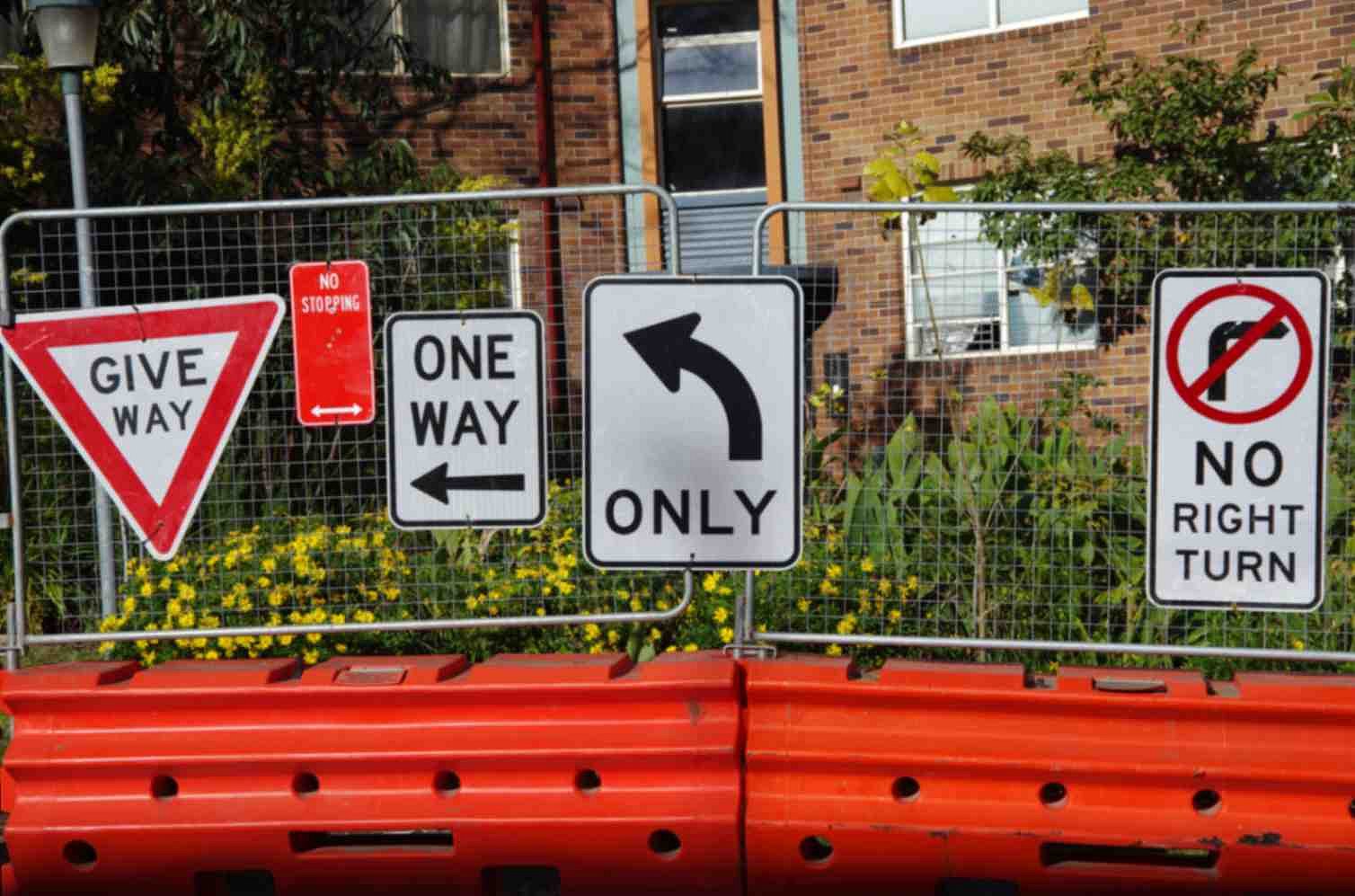Knowledge Hub

6 Common Exclusions on Public Liability Cover
If the past few months of loadshedding have taught South Africans anything, it's that you can't always rely on things going right to create a favourable business environment. According to a recent BusinessTech[1], many small businesses could enter 2023 facing unprecedented challenges like loadshedding, inflation and slow business growth. This doesn't mean that you're doomed to failure, as you can take steps to prevent negative events from harming your business. Public liability cover from Dialdirect can offer you protection — but to get the most value out of it, take time to familiarise yourself with exactly what it does and doesn't cover.
What is public liability cover and who needs it?
If you're not sure whether your business would benefit from public liability cover, ask yourself if you have a physical presence and interact with customers or suppliers directly. If you answer yes, you'll benefit from this coverage. All business owners need public liability insurance to protect them against claims made by third parties. These claims can be based on damage, injury or death occurring as a result of operations by your business. These claims also involve your business being presented with a bill covering someone's legal fees, medical costs or compensation for loss of earnings.
What are the most common public liability claims?[1]
To give you a better idea of how public liability cover can protect your business, here are three common public liability claims many businesses can face:
-
Slips, trips and falls
If you own or rent a property, you assume responsibility for the safety of the space. If a supplier accidentally injured themselves on your premises while making a delivery, they can hold you responsible for their medical costs. Public liability insurance will cover this.
-
Property damage
Accidental property damage involves you, an employee or your business unintentionally damaging someone else's property or belongings. This can take place when visiting a customer in their personal space or providing them with a product or service. Public liability can pay out for any resulting repair or replacement costs.
-
Third-party injury
A third party is someone not directly involved in an accident situation that ends up getting injured. Public liability will cover any claims made against your business for this. An example can be your business vehicle bumping into another vehicle, and the passenger of the vehicle claiming against your business due to their injury or damage to their vehicle.
Understanding public liability exclusions
For insurance coverage to protect both customers and insurers adequately, certain rules are put in place to facilitate fair transactions between the two parties. A common example of this is the prohibition on insuring the same item with multiple insurers, which can result in you losing your coverage and being banned from using the insurer again.
Public liability exclusions operate similarly. While some exclusions are based on fair business practices, others exist because there is a separate, existing insurance product you can take out that caters to the specific need the other policy excludes. Understanding exclusions means you can enter into your insurance coverage fully aware of what you can and cannot expect from it, so there won't be any misunderstandings further down the line. Here are a 6 common public liability insurance exclusions:
Exclusion #1 — Employee injuries
Your employees may encounter risky situations or work with potentially dangerous equipment on the job. Should they get injured or disabled at work, you will need to have workers' compensation insurance[2] to protect your business. This coverage can pay for any medical bills they face and their salary while they recover, allowing you to keep your business funds intact.
Exclusion #2 — Product liability
Customers can be fickle when it comes to making complaints about a product or service you offer them and what they believe they are owed in exchange for their payment. For example, you may encounter a situation where a customer claims that your nonstick pan is sticking during use — something that has never happened to your business before and could be disputable. If this happens and it leads to legal action, your costs won't be covered by public liability insurance.
Exclusion #3 — Liability arising from cyber crime
Criminals are increasingly turning to the internet for criminal purposes, and this can take multiple forms. An example of this can be a phishing attack where a criminal creates a fake email with your business branding, asking customers to enter their details. Should the criminals use these details to steal money from customers or access their private data, this won't be covered by your public liability insurance. Your business can, however, opt for stand-alone cyber insurance to cover this sort of risk.
Exclusion #4 — Liability arising from past incidents
When you take out insurance of any kind, it will become active on a specific date and certain waiting periods may apply to specific types of claims. Public liability is no different, and it won't cover any claims referencing an event or circumstance if they occurred before the specific date that your policy started.
Exclusion #5 — Intentional acts
Breaking the law, even unintentionally, won't be covered by your public liability insurance. This can include committing fraudulent activity or intentionally hurting or harming another person or damaging property.
Exclusion #6 — Professional indemnity
Professional indemnity cover (also known as Errors and Omissions Insurance) and public indemnity insurance are frequently mistaken for each other but offer distinctly different protections. Indemnity insurance will protect your business against claims made against you should you make an error or omission resulting in a client experiencing a loss or should you offer poor advice that has a negative (but easily avoidable) outcome.
Get public liability cover from Dialdirect
Public liability insurance can seem complicated if you're unfamiliar with it. In addition, you may need to supplement it with other insurance products to ensure your business is fully covered. Your business needs will also be unique compared to other businesses, so what works for one business won't work for another. It's why at Dialdirect, we invite you to request an obligation-free online quote from us directly. We will assess your business to ensure you get the right coverage for your needs — including public liability coverage.
Sources:
[1] BusinessTech: Over 1,900 businesses shut down in South Africa
[2] South African Government: Claim for occupational injury or disease from Compensation Fund
Disclaimer: The information in this article is provided for informational purposes only and should not be construed as financial, legal, or medical advice.

We Have Great
Insurance Products
Need car, home & Life Insurance? We offer a wide range of insurance products. Switch & get cash back on insurance premiums.
Related blogs

Business Made Easy
Law & Order: Defending Your Rights with Comprehensive Legal Cover

Business Made Easy
Difference Between Public Liability & Event Liability Insurance





